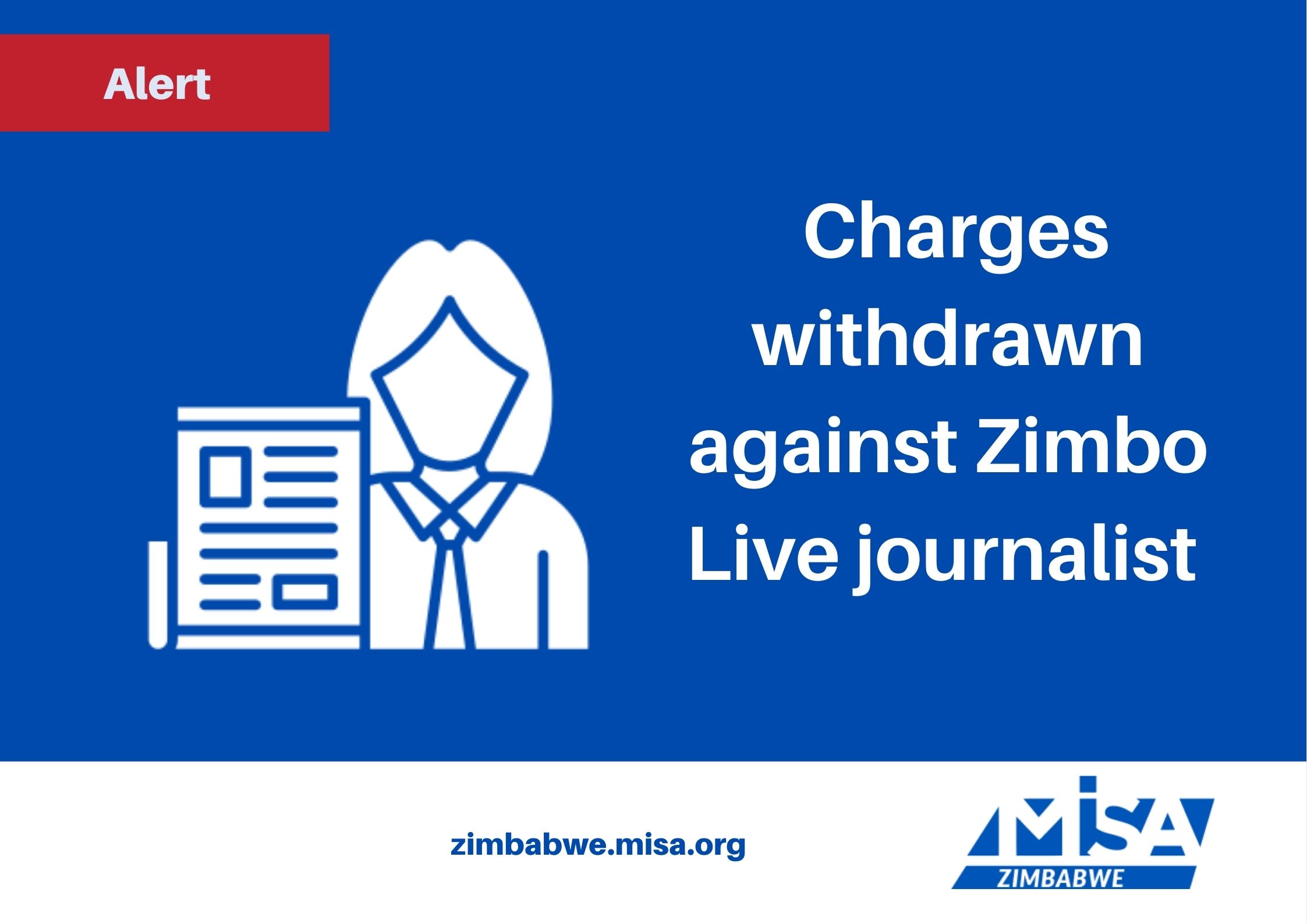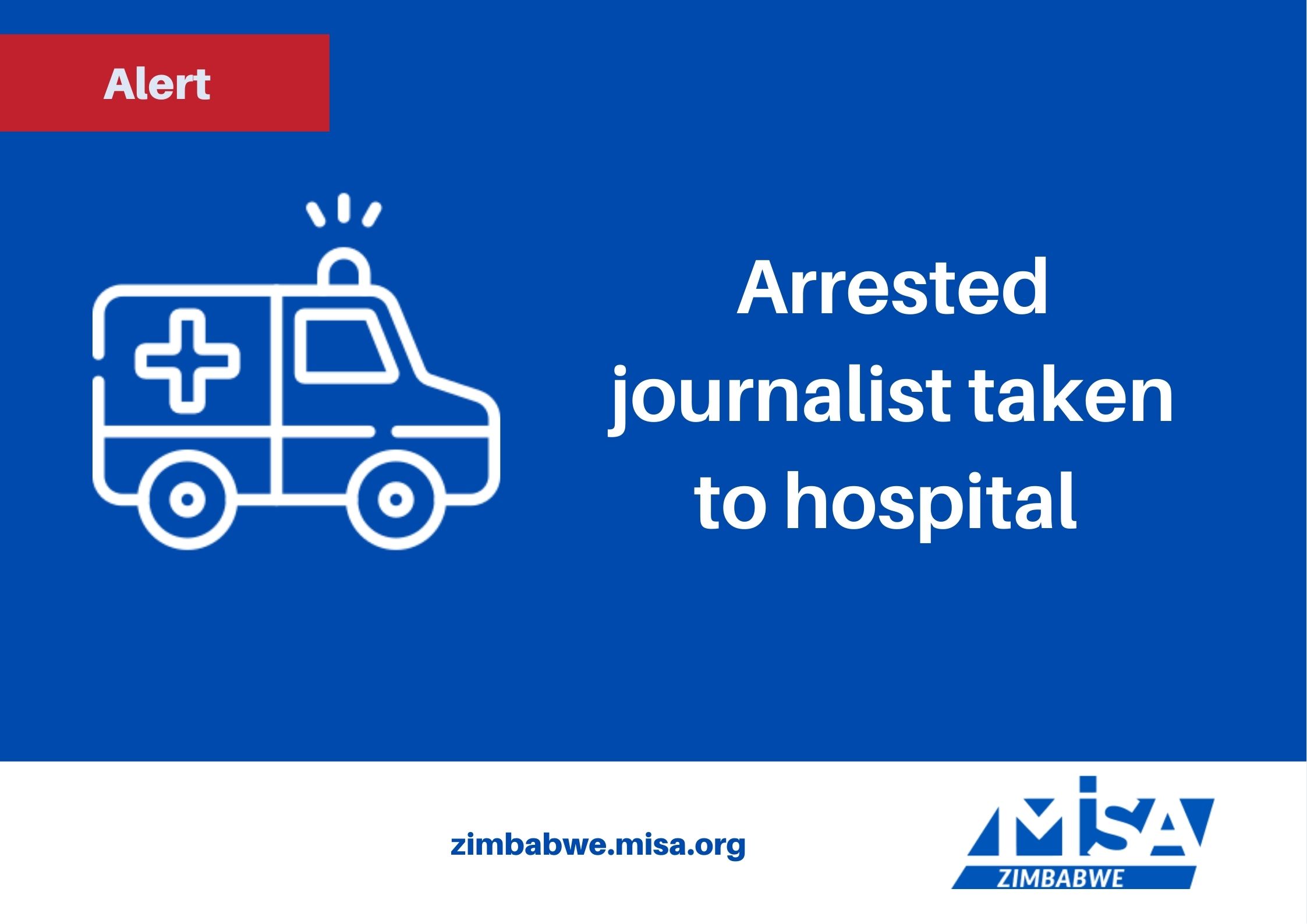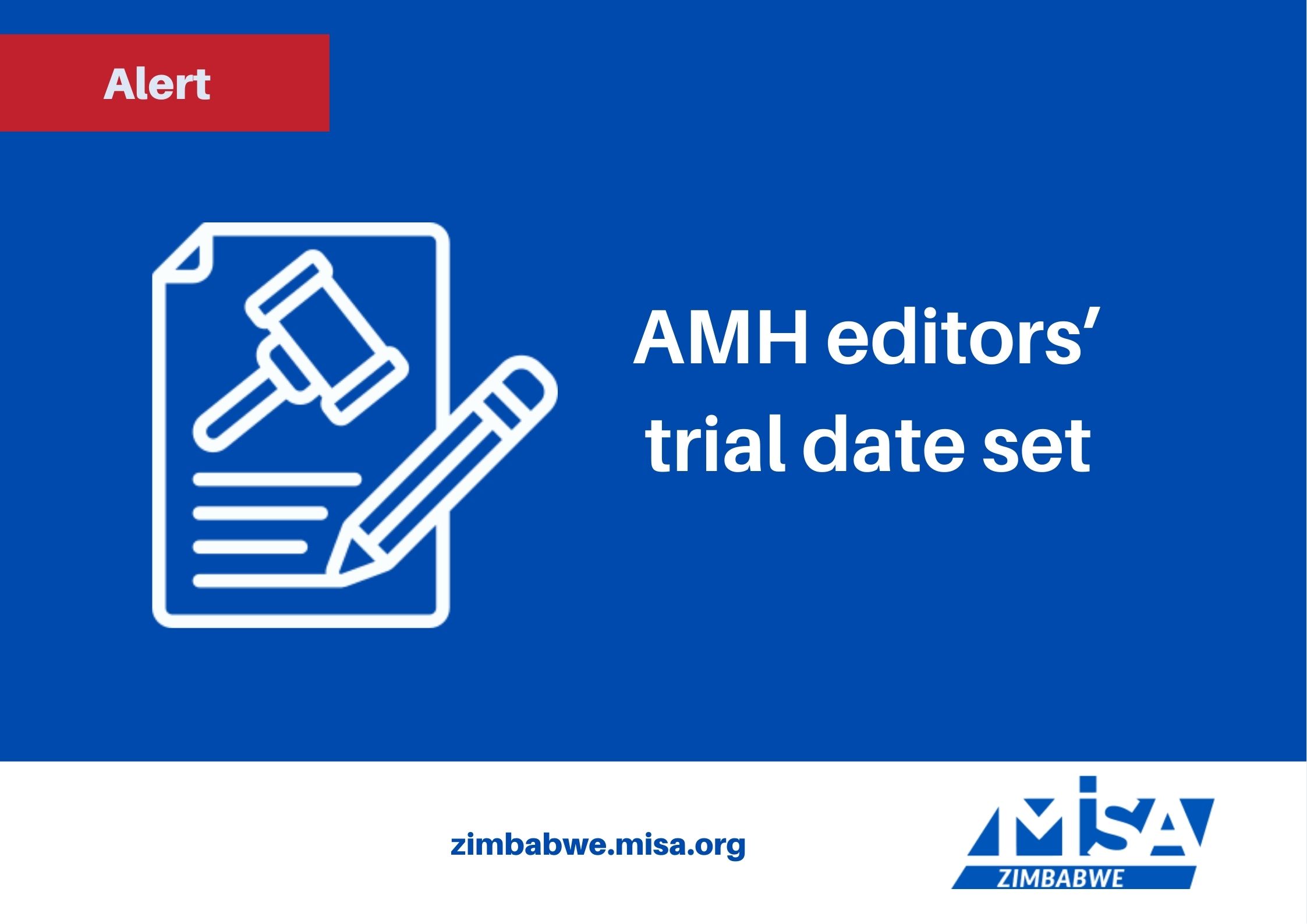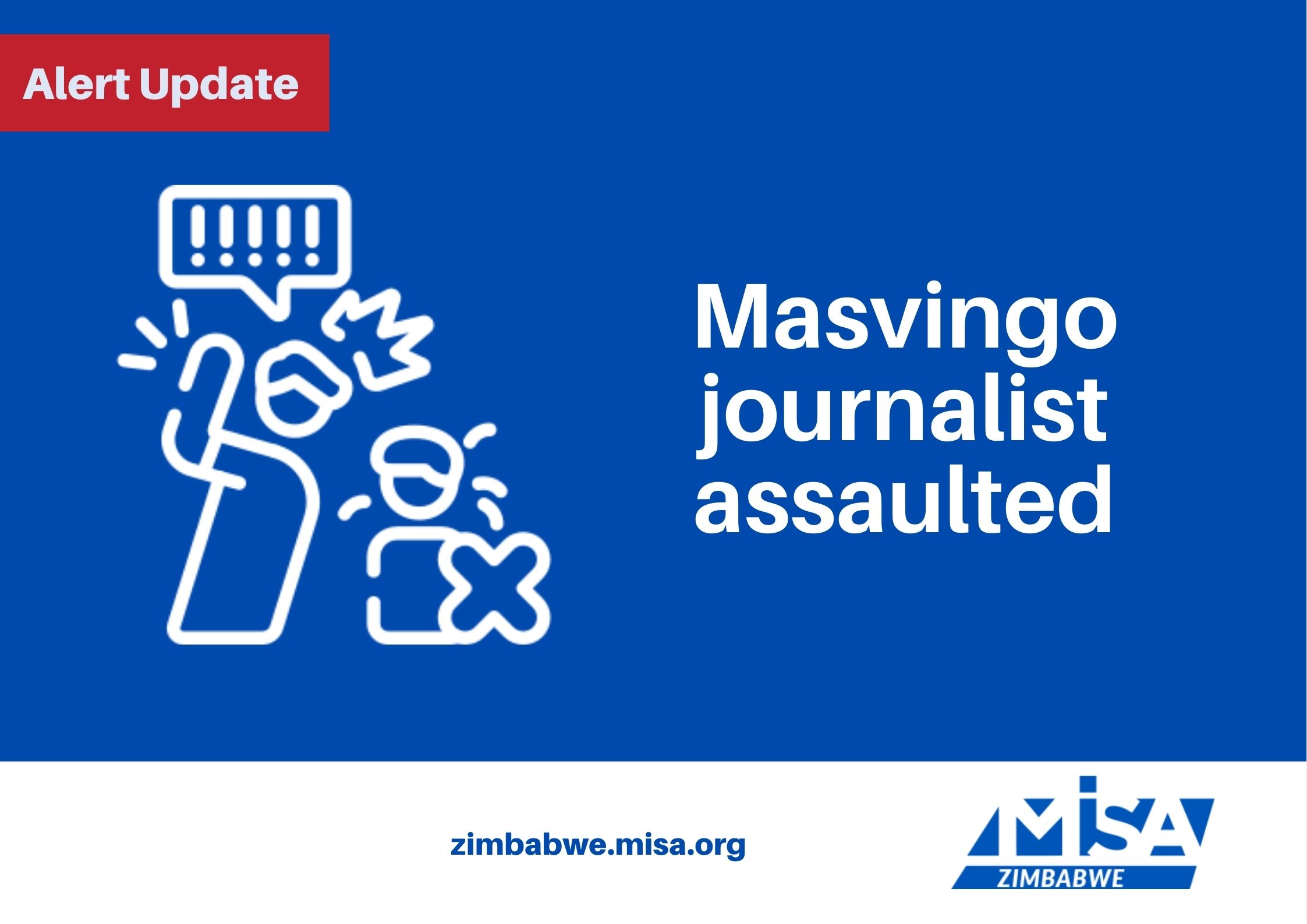Journalist denied access to RBZ meeting
What happened
A number of journalists were on 4 June 2024 barred from covering the signing of the “Integrity Pledge” by the new Reserve Bank Governor Dr John Mushayavanhu and his staff at the central bank’s offices in Harare.
The signing of the integrity pledge, which was overseen by the Zimbabwe Anti-Corruption Commission chairperson Michael Reza, is a commitment to ethical practices and good governance by public officials.
Initially, only state media, particularly the Zimbabwe Broadcasting Corporation, were allowed into the meeting, with the other journalists, about 16, being asked to leave.
After about 30 minutes, following complaints, 10 more journalists were allowed to witness the ceremony.
Key components of fighting the corruption scourge and promoting ethical and transparent governance include unfettered access to information and freedom of expression. We, thus, find it ironic that journalists were barred from a meeting where the subject of discussion was inclusive development, promotion of good governance, transparency, accountability, integrity, and the rule of law.
MISA Zimbabwe urges all stakeholders to give equal opportunity to all media houses, public and private, as espoused in our Constitution as this fosters a culture of diversity of views.
Share this
SOS journalists hotline
If you are injured, detained or arrested ín the line of duty, call our 24/7 SOS journalist hotline on 0784 437 338 to access legal and/or medical assistance.
Don’t forget to have the number saved in your phone for emergencies!
Find out more about the hotline here.
About MISA
The Media Institute of Southern Africa (MISA) was founded in 1992. Its work focuses on promoting, and advocating for, the unhindered enjoyment of freedom of expression, access to information and a free, independent, diverse and pluralistic media.
Latest media violations
A number of journalists
16
Reserve Bank Governor Dr John Mushayavanhu and his staff at the central bank
Quasi-state
Harare








